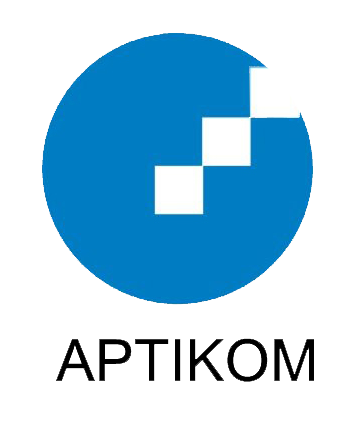Evaluation of Academic Information System Using Delone and Mclane Success Model: A Case Study ff Academic Information System Hasanuddin University
Abstract
This study examines the effectiveness of the utilization (individual impact) of academic information systems at Hasanuddin University using the DeLone and McLean information system success model. This model has seven hypotheses to examine the construct relationships including system quality predicts user satisfaction (H1), information quality predicts user satisfaction (H2), system quality predicts actual use (H3), information quality predicts actual use (H4), user satisfaction predicts actual use (H5a), actual use predicts user satisfaction (H5b), user satisfaction predicts individual impact (H6), and actual use predicts individual impact (H7). We use structural equation modeling with Partial Least Square technique. The results show that H1, H2, H6, H7 have a significant positive impact and the remaining hypothesis have no significant positive impact. In conclusion, indicators that influence the effectiveness of using the system are on the system quality variable and the quality of information with the greatest influence on the quality of information.
Downloads
Copyright (c) 2022 Jurnal Sistem Informasi

This work is licensed under a Creative Commons Attribution-ShareAlike 4.0 International License.
Authors who publish with this journal agree to the following terms:
- Authors retain copyright and grant the journal right of first publication with the work simultaneously licensed under a Creative Commons Attribution License that allows others to share the work with an acknowledgement of the work's authorship and initial publication in this journal.
- Authors are able to enter into separate, additional contractual arrangements for the non-exclusive distribution of the journal's published version of the work (e.g., post it to an institutional repository or publish it in a book), with an acknowledgement of its initial publication in this journal.
- Authors are permitted and encouraged to post their work online (e.g., in institutional repositories or on their website) prior to and during the submission process, as it can lead to productive exchanges, as well as earlier and greater citation of published work (See The Effect of Open Access).








